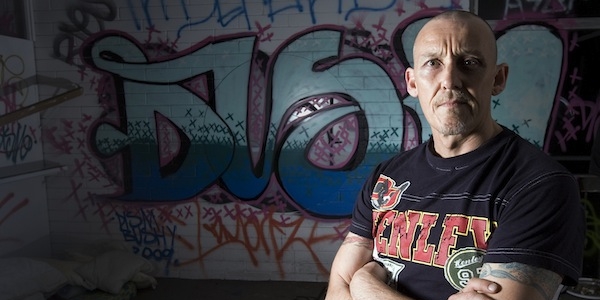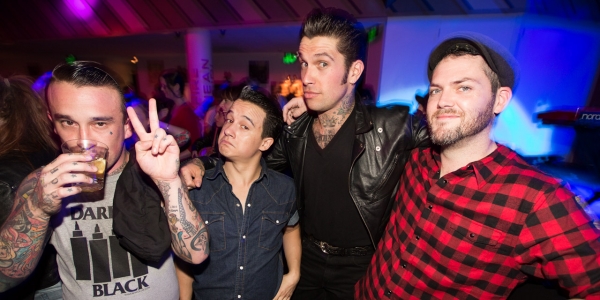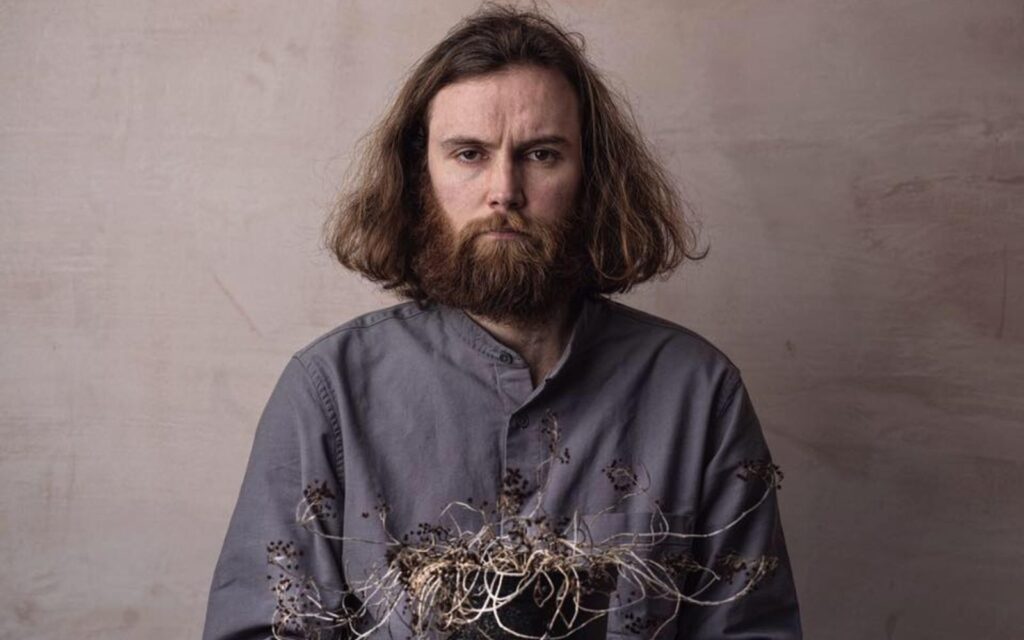Tragically, this is not the reality for a despairingly large number of young people in Australia today. Despite media exhortations that our fair land is the ‘lucky country’ of the world, managing to escape much of the full force of the global financial crisis and plugging on, there are plenty of young people who’ve fallen through the gaps; young people who can’t lay claim to many of the things listed above that you and I take for granted every day. Youth homelessness is an issue that continues to plague contemporary society, with more than 32,000 kids sleeping rough on the streets tonight, and young adults aged from 12-18 the largest group comprising this horrifyingly large number. Not-for-profit organisation Open Family are one of many groups out there doing something to combat this, providing support and outreach services to homeless youth since their founding in Melbourne, way back when in 1978.
We spoke to outreach worker Wayne Nielsen to explain the reality of youth homelessness for us. Nielsen’s work is typical of Open Family’s approach, dealing directly with young people on the street and acting as a conduit between them and a wider network of support services. “I work in St Kilda and the city. I spend a lot of time in squats, acting on information about where kids are sleeping rough – kids that hang around the station now. Being like a big brother, a good friend to them. What my main focus is making sure these kids know they always have my number. If they need me, something bad is usually going to these kids – given the way they’re living – and at least they have someone to contact, when something does go wrong.”
The personal approach is one that many advocate, especially in regards to combating the seemingly-endless cycle of youth homelessness, and Nielsen points to it as being one of Open Family’s most unique aspects, as well as being key to breaking the cycle that so many young people find themselves caught in. “Finding out exactly what the kids need is important,” he says. “Trying to sit through what they’re gonna tell you and understanding what they really do need. You ask a kid, ‘Look, what do you want? What do you really want?’ And 95 percent of what comes out of their mouths probably isn’t gonna be what they really want. It’s up to you to get to know them and find out what will break the cycle. With most people, that’s what it is, they keep going around and around this big circle. For example, they’ll get accommodation, but they’re usually gonna hang around kids that are gonna need accommodation, too. They’ll bring a friend home and break their agreement, or whatever it is, and end up homeless again somehow. I think having good friends, a good support network of friends and workers, other people can help you get your life together and find a new direction.”
Plenty of myths and misconceptions cloud the issue of homelessness. Academics have described a phenomenon termed the “morality of homelessness” (a term that describes the often negative stigmas that surround homelessness) to describe the kinds of public discourses that surround homelessness, in order to explain why homeless people are a particularly vulnerable group when it comes to victimisation. This is certainly true, in Nielsen’s view. “They’re seriously at risk all of the time, and I notice a lot – you can tell the predators are out at nighttime,” he explains. “The evil guys – the ones I try to get the young girls or guys away from – you don’t see them during the day. They know exactly where they’re going to go and which kids to target at night.”
The premise of the 21 Challenge is simple: what could you do, or maybe do without, every day for 21 days to raise money for young homeless people? From Friday June 1 until Thursday June 21, challenge yourself to go without, or do something that you’ve never done before for those three weeks. Unlike more traditional fundraising ventures, it’s entirely up to you what challenge you set for yourself – which, if my friends’ suggestions regarding my own venture are anything to go by, could end in a very entertaining three weeks. As Nielsen explains, it’s a vital means of keeping Open Family’s outstanding work going. “The 21 Challenge is probably one of our most important sources of support. We really need the support – we need it out there, and for people to get behind us, and what we’re doing. The money that comes from this challenge supports workers like me, helps run our cars, gives us the money and the tools to help our clients as best we can. I’ve been on call for seven or eight years, and if it weren’t for public donations, we wouldn’t be around. Seeing people getting involved inspires me, too. When I see people go out of their way to give up things, or go without for the 21 Challenge, and talking about the issue is great – I love it.”
BY MIKI MCLAY







